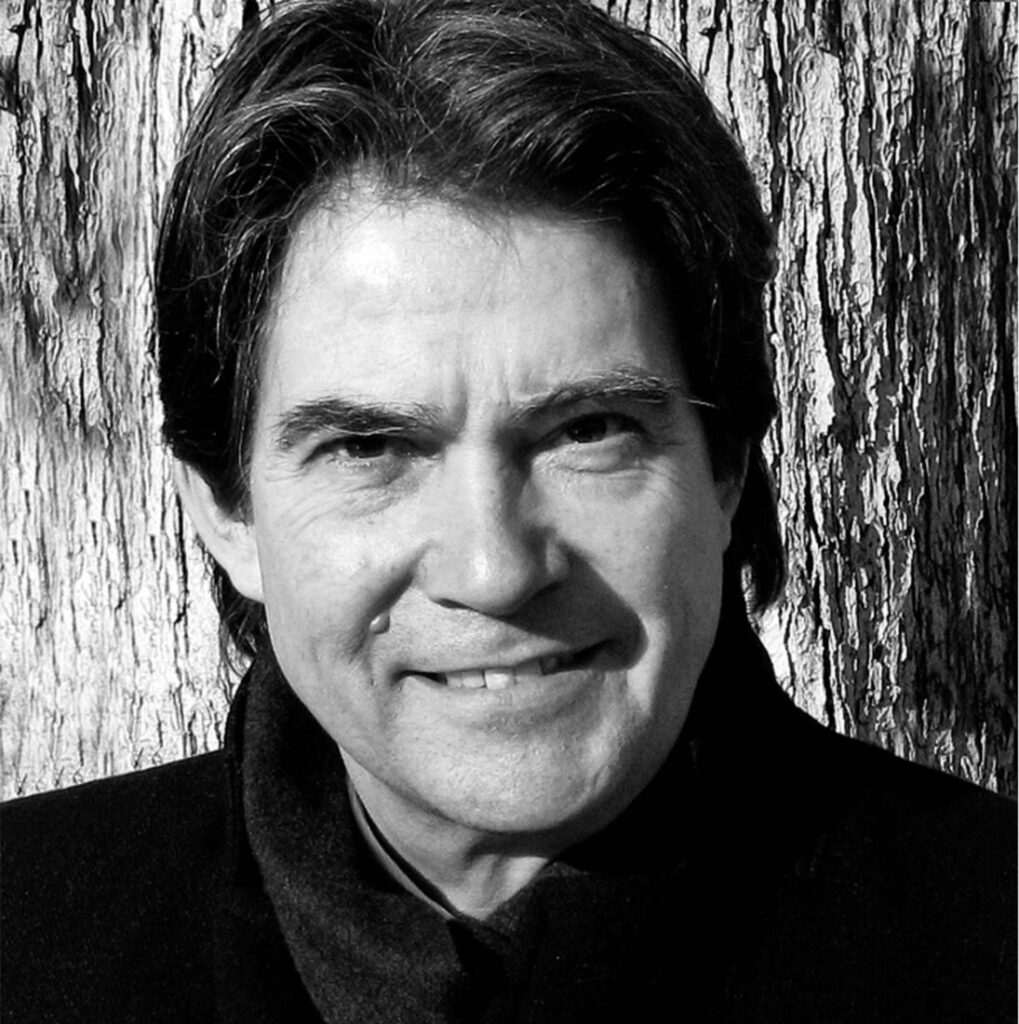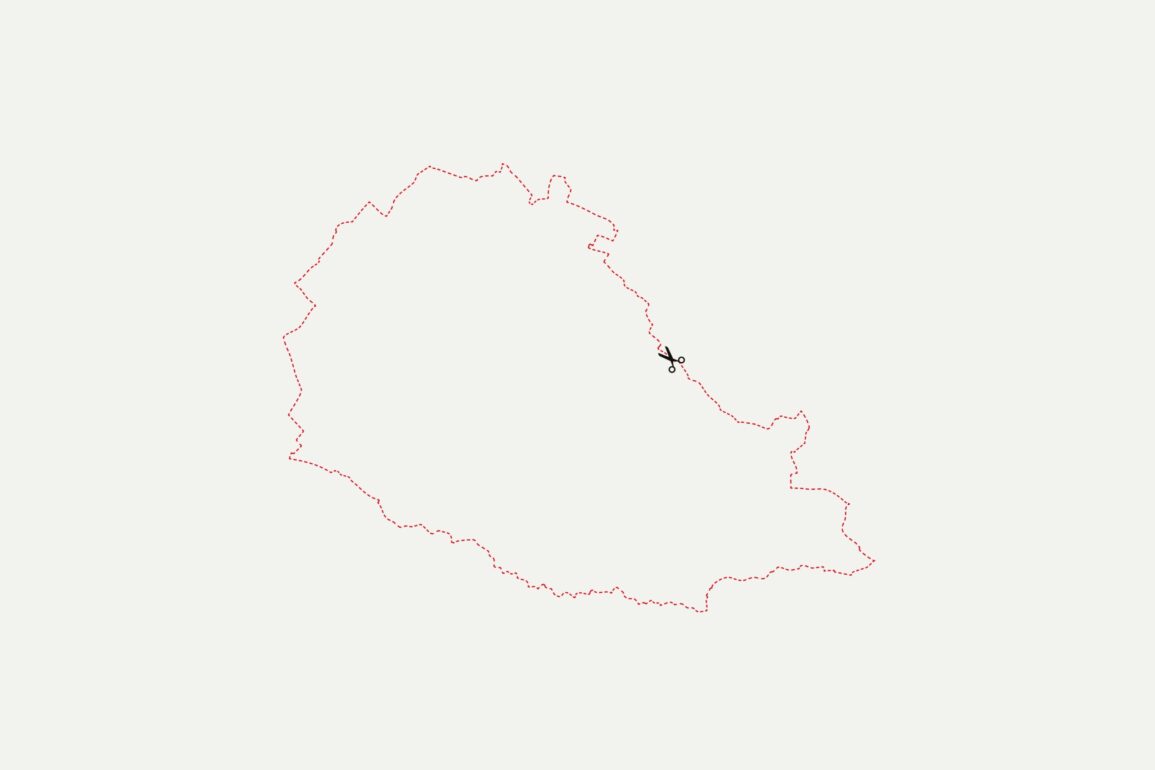Local and personal: the Alter in Hottingen foundation has a local impact and a specific focus. It is dedicated to supporting the older generation in the Zurich neighbourhood of Hottingen. Chair of the board of trustees Alfred Gilgen talks about the challenges the foundation has had to face and how it has reoriented itself.
Tell us a little bit about your foundation’s eventful history.
There was a bit of back and forth about the right area to focus on. I joined the foundation in 2004. In the years that followed, we thought about the right direction for the foundation. Since 2005, we have been committed to improving the general quality of life for the older population in Hottingen. We devoted a lot of enthusiasm and energy to the question of how best to achieve this.
Was that an easy task?
Not particularly. It was a very unsettled time. We worked very hard looking for good projects and came up with a shortlist of suitable ones. We wanted to either run them ourselves or find a charitable organisation that already focused on the older generation and was prepared to carry out a project.
What kind of projects were they?
One of the projects was Café Santé, for example. We wanted to offer older residents of Hottingen the opportunity to drop by for coffee, tea and cake at a specific time. They would also have the opportunity to get simple answers to their health questions. We were looking for an organisation with the right skills to help carry out the project.
But you didn’t find one?
No, sadly not. So we went back to the drawing board. We asked ourselves what was already on offer for older people in the neighbourhood. We wanted to create an inventory. In 2013, this became a book: In Hottingen älter werden(‘Getting older in Hottingen’). We were very pleased with the result, which was chiefly put together by the board of trustees. Of course, much of what is in the book is no longer up to date, and we are toying with the idea of turning it into an interactive online version.
What specific projects has the charity been involved in?
A project we are very proud to be involved in is Nachbarschaftshilfe Hottingen (‘Hottingen Neighbourhood Support’). It acts as an intermediary between older residents and volunteers and offers a variety of services like help with household chores, gardening and reading aloud. Nachbarschaftshilfe Hottingen offers a well-developed range of services. The University of Zurich conducted a study on it, which was funded by us.
What were the results?
The uncomfortable results were the most helpful – for example, the fact that a lot of people with needs in the neighbourhood were unaware of the organisation, and that people are very reluctant when it comes to accepting help. It’s hard for older people to break out of their isolation. They become wary and insecure in social interactions, which makes them even more reserved. Breaking the cycle of isolation is hard.

«It is difficult for older people to get out of isolation.»
Alfred Gilgen
Could more neighbourhood support be offered?
There was a project aimed at increasing the amount of neighbourhood support, but it’s currently on hold. The reformed church in Zurich is undergoing a reorganisation. It’s still unclear what will happen to the neighbourhood support, which was closely linked with the Hottingen church community prior to the reorganisation. But we are ready and willing to get involved where we can.
What might that look like?
In 2016, we clearly established ourselves as a pure funding organisation. This reflects the time available to the board of trustees and the funds available to the foundation. We give out around 100,000 to 200,000 francs a year. This is not covered by the return on the foundation’s assets, however, so we have to dip into our capital or generate new donations.
How did the foundation first start?
At the end of the 1960s, there was a shortage of available places in care homes in Hottingen. So in 1971, the reformed church in Hottingen formed the Altersheim Hottingen (‘Hottingen care home’) foundation. The aim was to create their own care home and run it themselves.
Did they succeed?
The idea never came to fruition. The board of trustees realised they didn’t have sufficient capacity or the right expertise. So in the second half of the 1970s, the committee decided to help fund an expansion of the Alterszentrum Hottingen care centre instead. At the time, Diakonie Neumünster, which owns the Alterszentrum Hottingen, was building the ‘Sonnenblick’ care home.
And the foundation was involved?
It covered part of the construction costs. In return, the church was given a limited right to reserve places in the care home for neighbourhood residents.
Did the system work?
The foundation never had to exercise its right. So we agreed with representatives of Diakonie Neumünster that they would pay back the contribution to the construction costs, minus a non-repayable contribution. This gave us the opportunity to launch new projects to improve the standard of living and accommodation for older people in Hottingen outside the context of a care home.
How did this reorientation fit with the charity’s purpose?
The new focus and reorientation took place in 2005. With the approval of the supervisory authority, we expanded the charity’s purpose from focusing exclusively on a care home.


